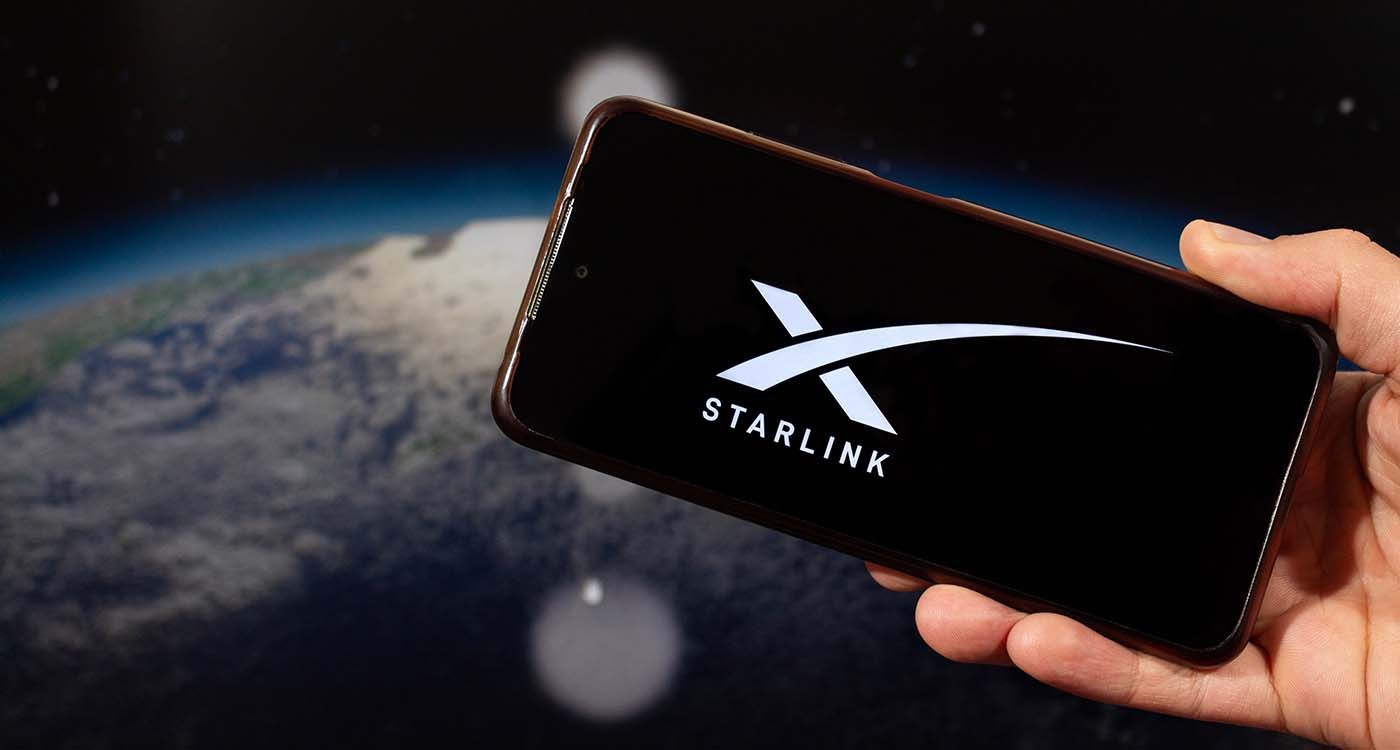
Lebanon is entering the era of satellite internet. The government has officially approved Starlink, Elon Musk’s satellite internet service, to provide nationwide coverage. The move promises faster connectivity, stronger digital security and a wave of innovation delivered straight from the sky.
In a country where a simple power outage can plunge entire neighborhoods offline, this marks a major turning point for a telecommunications sector long lagging behind and an ambitious gamble: connecting a fragmented country, from southern villages to northern towns and through downtown Beirut, not with cables but with stars.
On Wednesday, October 8, the Council of Ministers signed a decree granting Starlink a two-year license to provide satellite internet services across Lebanon. The license “does not confer any exclusive rights,” leaving the door open for other operators, such as Eutelsat, which is still in talks, to obtain similar authorizations. No monopoly, even when it comes to Elon Musk.
Shared Revenues and a Strict Framework
Financially, the agreement is as ambitious as the technology it introduces. Starlink will pay the Ministry of Telecommunications $25,000 in fixed annual fees, paid upfront for two years, along with 25% of its gross subscription revenue, a record rate compared with the 5% typically charged in most countries, according to sources in Beirut close to the ministry.
This revenue-sharing model fits into the ministry’s broader strategy to modernize digital infrastructure, strengthen network security and increase public revenue. Authorities hope it will improve internet quality and reliability across Lebanon, even during power outages, political crises or technical disruptions.
Starlink addresses two urgent needs in the Lebanese market, says the source. First, digital redundancy: businesses require a stable connection independent of the existing internet route. Without it, many companies have relocated their back-office operations abroad. Starlink will allow them to secure their operations and remain in or return to Lebanon.
Furthermore, remote areas often lack access to reliable internet, whether official or unofficial. Although Starlink’s 10-gigabit capacity will cover only about 1% of national consumption, estimated at 750 gig, it will provide a stable, dependable and continuous connection to regions neglected by traditional providers.
A Premium Service for a Fragile Market
Initially, Starlink will be available only to businesses, with subscriptions starting at $100 per month. This premium pricing is intended to protect the local market while providing a reliable backup for institutions and companies that depend on a stable internet connection.
Starlink is not meant to replace existing providers, but to ensure operations can continue uninterrupted.
From Skepticism to Modernity
Before the decree was signed, the Starlink project sparked heated debates, particularly over data privacy. According to sources, most concerns came from operators of illegal internet services, a parallel market costing the state hundreds of millions of dollars. These actors now fear being sidelined. The Ministry of Telecommunications aims to bring them into the national network, both to clean up the sector and expand legal internet access.
With this decree, Lebanon is entering a new phase of technological modernization. The road ahead remains long and full of challenges, and the internet from the sky may not solve every problem. However, Lebanon is beginning to look beyond its antennas. If all goes well, the country could eventually become a regional digital hub. For once, the project is not falling flat, but truly coming from the sky.




Comments